 The 2011 Echo conference in Dallas was a great one based on the articles and notes that I have seen come from there. I have no excuse for not being there since I am located in Dallas, but I will be there next year and the following years.
The 2011 Echo conference in Dallas was a great one based on the articles and notes that I have seen come from there. I have no excuse for not being there since I am located in Dallas, but I will be there next year and the following years.
A great article I found from the Echo Conference came from Drew Goodmanson (CEO of Monk Development and the co-founder/pastor of Kaleo Church) and it was about an overall Web Strategy (http://churchjuice.com/blog/develop-a-powerful-web-strategy-echo-2011-notes/). Here are a few key points from the article:
- Skymall Syndrome. Someone in leadership sees something they think is cool and says we need to do that.
- Ministry schizophrenia. Every ministry within a church is trying to run the website and get prime placement.
- Enough about you let's talk about me. A website totally designed for the organization. Users look at it and say it's a waste of time because it's not for them. It wasn't designed with the user in mind.
- The blind leading the blind. No one has a clear vision.
- You have 43 seconds of someone's initial attention when they come to your website.
- 85% of people say their church website is important place for them to learn more about connecting with the church.
- What is the big idea of why your church exists? It doesn't have to be big, fancy language.
- What is your vision? In the next 18 months, what is that going to look like? Don't plan more than two years in advance because things are always changing.
- Who are your current people and who do you want to reach? Take a survey to see what they want. If you don't know your people, your tools won't be effective.
- How do you manage internet presence? How are you represented across different platforms? If you have a great website and no one visits, does it exist?
- How are you being found? Are you listed on MapQuest, Google local listing and Yelp?
- How do you choose content management solutions for web development? How do you control what people can put on the website? Are you helping people know the church's voice and style you use to communicate?
- Do you have a mobile site or apps? It can be expensive to build your own app. Mobile websites with all the information isn't as good as scaling it down to what people are probably looking for (directions, latest message, visitor info, etc.). Keep a click though where folks can go to the full site from their mobile device.
There is much more to this article, check it out - http://churchjuice.com/blog/develop-a-powerful-web-strategy-echo-2011-notes/

